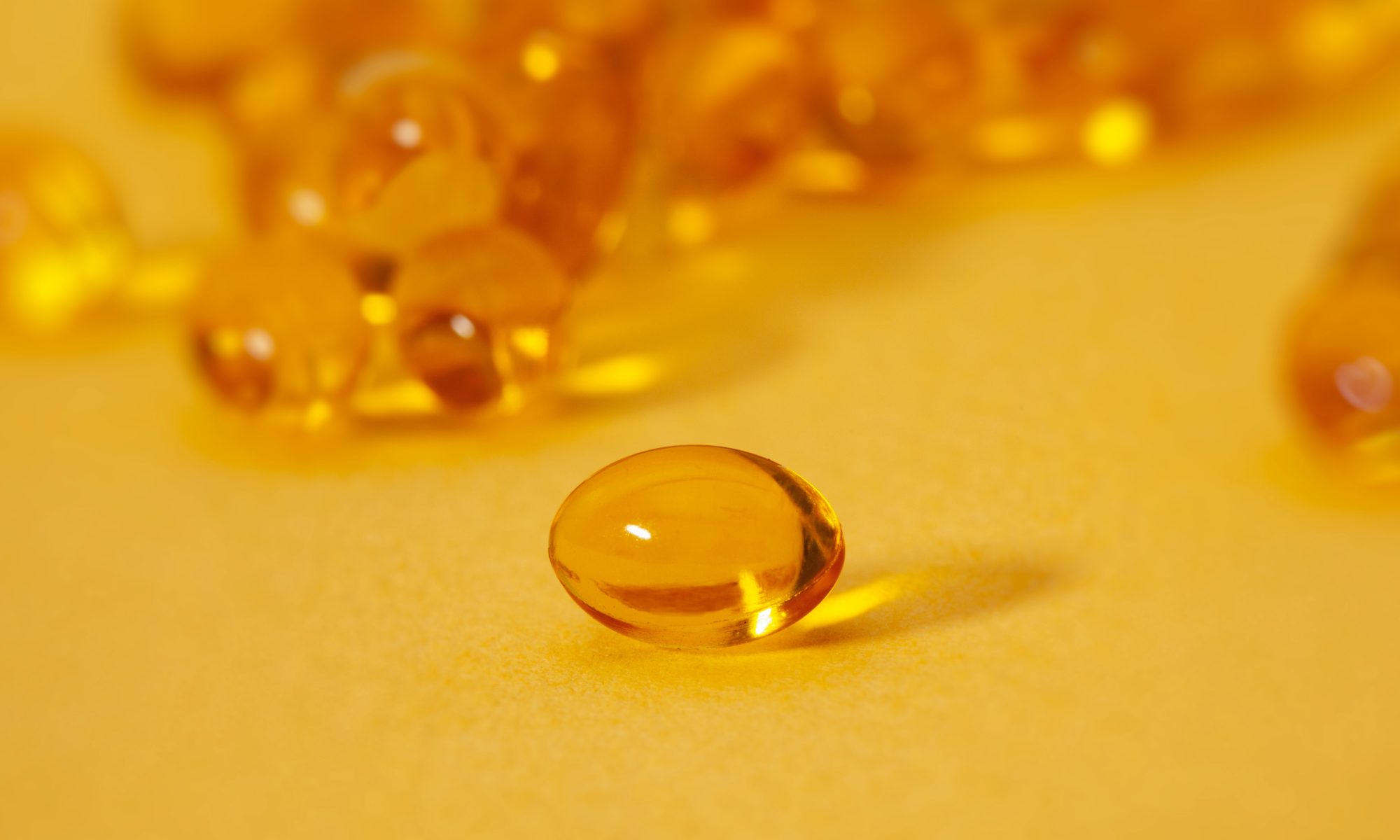It seems that every day there is some new research telling people about a new brain enhancing supplement or food. While most information floating around is spouted from the mouths of charlatans, there is reason to believe some information, especially when obtained through credible research and studies.
Fish oil is not exactly new. For decades, nutritionists and scientific researchers have been touting the need to include fatty fish in human diets. The reason for the inherent need is the nutrients that are only found in fish and that are essential to healthy brain development and possible memory retention. The remainder of this article will identify the specific nutrients found in fish oil and explain how recent studies suggest memory and mental health benefits to consuming fatty fish or fish oil supplements.
Understanding Fish Oil Omega-3s
In an overwhelmingly meat-and-potatoes society, it should come as no surprise that most people do not meet the dietary guidelines for fish intake, specifically fatty fish. Fatty fish, such as salmon, sardines, mackerel, or anchovies, contain the omega-3 fatty acids eicosapentaenoic acid and docosahexaenoic acid. EPA and DHA are necessary for development and health, but they are not found in most food sources, primarily fish.
While the human body can convert another omega-3, alpha-linolenic acid, it cannot do so efficiently. Even if the body could convert more than 10% of ALA into EPA and DHA, which it can't, people tend to neglect foods with the nutrient, such as flaxseeds, walnuts, soybeans, chia seeds, soybean oil, and canola oil. Leaving the most evident way of consuming necessary omega-3s to supplement form.
[insert page='Offer' display='content']
The Role of Omega-3s in Development
EPA and DHA are crucial to cardiovascular development, disease prevention, weight management, and cognitive function. While more research is needed to determine the level of the contribution these omega-3s have to the brain, early indicators suggest a connection to intake and improved memory in people experiencing minor cognitive decline. These chemicals also contribute to several developmental stages of adolescents. Unfortunately, even when consuming fish, the human body has trouble producing some omega-3s, meaning a supplement is useful.
Fish Oil Can Combat Minor Cognitive Decline and Improve Mental Health
Research shows that low levels of omega-3s, specifically EPA and DHA, can lead to accelerated brain aging, contributing to functional deficits. Fortunately, studies also show that consuming appropriate doses of these omega-3s, through a combination of supplements and dietary choices, can improve brain function in those experiencing a minor decline.
Better still, people suffering from depression might experience reduced symptoms if they add a fish oil supplement to their diet. However, the supplement formula should contain higher levels of EPA, and for the best effect, should be taken with anxiety medication.
Is Fish Oil Right for You?
In a healthy adult, the consumption of fish oil does not show any significant effect on the subject's brain, but that does not mean it is worthless. Every person needs omega-3s, specifically EPA and DHA, which you can obtain through the consumption of fatty fish or supplements. However, keep in mind that fish oil supplements can affect blood clotting, so speak with your doctor first.
Do you eat enough fatty fish or take fish oil supplements? Please leave a comment below explaining why or why not.


A BIG believer in daily use of Fish Oil!
I am a strong believer in the use of fish oil!